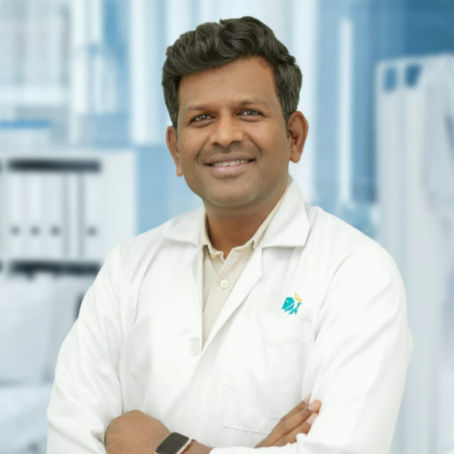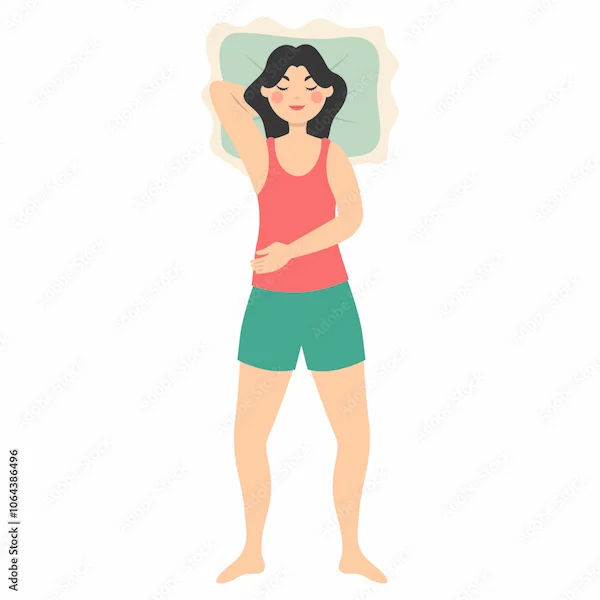Types of Cardiovascular Diseases Explained
Discover the major types of cardiovascular diseases, including coronary artery disease, stroke, heart failure, and arrhythmias. Learn how each condition affects the heart and blood vessels, symptoms, and treatment options.

Written by Dr. J T Hema Pratima
Reviewed by Dr. D Bhanu Prakash MBBS, AFIH, Advanced certificate in critical care medicine, Fellowship in critical care medicine
Last updated on 13th Jan, 2026

Heart health is something we often take for granted until a problem arises. Cardiovascular diseases (CVDs) are among the leading causes of health issues worldwide, affecting millions of people. Understanding the different types of heart-related conditions can help you recognise symptoms early and take preventive measures.
In this article, we’ll explain the common types of cardiovascular diseases, their symptoms, causes, and how they impact your health. We’ll also share some simple lifestyle tips to keep your heart strong and healthy.
What Are Cardiovascular Diseases?
Cardiovascular diseases refer to a group of disorders affecting the heart and blood vessels. These conditions can lead to serious complications like heart attacks, strokes, or heart failure if left untreated. The good news is that many CVDs can be prevented or managed with early detection and healthy habits.
Common Types of Cardiovascular Diseases
Here are some of the common cardiovascular diseases:
1. Coronary Artery Disease (CAD)
Coronary artery disease occurs when the blood vessels (coronary arteries) that supply oxygen-rich blood to the heart become narrow or blocked due to plaque buildup (atherosclerosis).
Symptoms:
Chest pain (angina)
Shortness of breath
Fatigue
Heart attack (in severe cases)
Causes & Risk Factors:
High cholesterol
High blood pressure
Smoking
Diabetes
Sedentary lifestyle
How to Manage It:
Eat a heart-healthy diet (low in saturated fats, high in fibre).
Exercise regularly.
Quit smoking.
Control blood pressure and cholesterol levels.
2. Heart Attack (Myocardial Infarction)
A heart attack happens when blood flow to a part of the heart is blocked, usually by a blood clot, leading to damage or death of heart muscle tissue.
Symptoms:
Severe chest pain (may spread to the arm, neck, or jaw)
Cold sweat
Nausea
Shortness of breath
What to Do:
Call emergency services immediately.
Chew aspirin (if advised by a doctor).
Stay calm and rest while waiting for help.
3. Heart Failure
Heart failure doesn’t mean the heart stops working—it means the heart isn’t pumping blood as efficiently as it should.
Symptoms:
Fatigue
Swelling in legs, ankles, or abdomen
Shortness of breath (even at rest)
Rapid or irregular heartbeat
Causes:
High blood pressure
Previous heart attack
Diabetes
Obesity
Management Tips:
Limit salt intake to reduce fluid retention.
Take prescribed medications regularly.
Monitor weight daily for sudden changes.
Consult Top Heart Specialists
4. Arrhythmia (Irregular Heartbeat)
Arrhythmia refers to abnormal heart rhythms—either too fast (tachycardia), too slow (bradycardia), or irregular.
Symptoms:
Palpitations (fluttering in the chest)
Dizziness or fainting
Fatigue
Causes:
High blood pressure
Heart disease
Excessive caffeine or alcohol
Stress
How to Manage It:
Avoid stimulants like caffeine and nicotine.
Practice stress-relief techniques (yoga, meditation).
Get regular check-ups if you have a history of heart issues.
5. Stroke
A stroke occurs when blood flow to the brain is interrupted, either by a clot (ischemic stroke) or a burst blood vessel (hemorrhagic stroke).
Symptoms (Remember FAST):
Face drooping
Arm weakness
Speech difficulty
Time to call emergency services
Prevention Tips:
Control high blood pressure.
Maintain a healthy weight.
Avoid smoking and excessive alcohol.
6. Peripheral Artery Disease (PAD)
PAD occurs when narrowed arteries reduce blood flow to the limbs, usually the legs.
Symptoms:
Leg pain while walking (claudication)
Numbness or weakness in legs
Slow-healing wounds
Management:
Exercise regularly (walking helps improve circulation).
Quit smoking.
Keep blood sugar and cholesterol under control.
How to Keep Your Heart Healthy?
Preventing cardiovascular diseases starts with simple lifestyle changes:
Eat a Balanced Diet: Include fruits, vegetables, whole grains, and lean proteins. Avoid processed foods high in salt and sugar.
Stay Active: Aim for at least 30 minutes of moderate exercise (walking, swimming) most days.
Quit Smoking: Smoking damages blood vessels and increases heart disease risk.
Manage Stress: Practice relaxation techniques like deep breathing or meditation.
Regular Check-ups: Monitor blood pressure, cholesterol, and blood sugar levels.
When to See a Doctor?
If you experience:
Persistent chest pain
Unexplained shortness of breath
Frequent dizziness or fainting
Sudden numbness or weakness
Don’t ignore these signs—early detection can save lives.
Conclusion
Your heart works hard for you every day—taking small steps to care for it can make a big difference. By understanding the types of cardiovascular diseases and their warning signs, you can take control of your heart health and live a longer, healthier life.
If you’re concerned about your heart health, Apollo 24|7 offers expert consultations and diagnostic tests. You can easily book an appointment online and get personalised advice from top cardiologists.
Consult Top Heart Specialists
Consult Top Heart Specialists

Dr. Dayanashre N
General Physician
3 Years • MBBS
Bengaluru
PRESTIGE SHANTHINIKETAN - SOCIETY CLINIC, Bengaluru

Dr. Ramalinga Reddy
General Physician
5 Years • MBBS MD General medicine
Bengaluru
PRESTIGE SHANTHINIKETAN - SOCIETY CLINIC, Bengaluru

Dr. Bhethala Sharan Prakash
General Physician/ Internal Medicine Specialist
5 Years • MBBS MD
Bengaluru
PRESTIGE SHANTHINIKETAN - SOCIETY CLINIC, Bengaluru

Dr. Anand Ravi
General Physician
2 Years • MBBS
Bengaluru
PRESTIGE SHANTHINIKETAN - SOCIETY CLINIC, Bengaluru

Dr. Praveen Subbanna
Cardiologist
10 Years • MBBS, M.D. (JIPMER. PONDICHERRY), DM (cardiology, SMS MEDICAL COLLEGE, JAIPUR)
Bengaluru
Apollo Hospitals Jayanagar, Bengaluru




